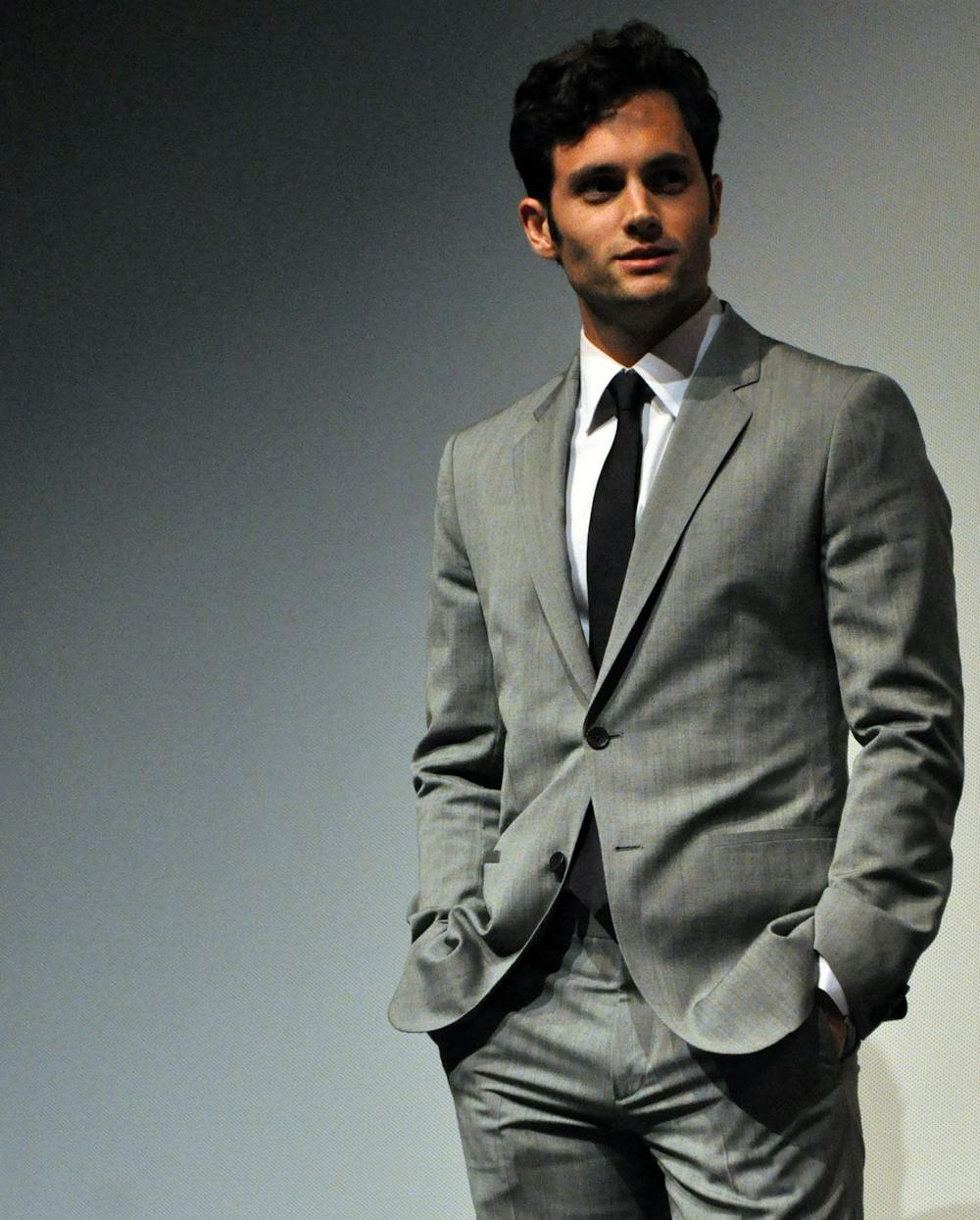The sophomore season of the Netflix psychological thriller You premiered on Dec. 26, transplanting homicidal heartthrob Joe Goldberg (Penn Badgley) from New York to Los Angeles (LA).
For context, in season one, Joe became obsessed with aspiring writer Guinevere Beck (Elizabeth Lail) after meeting her in the bookstore that he managed. Over the course of their romance, Joe transformed into a serial killer in the name of love.
After managing to get away with Beck’s murder by using her writing to frame her therapist Dr. Nicky (John Stamos), he encountered ex-girlfriend Candace Stone (Ambyr Childers) in the season’s cliffhanger. Fearing her vengeance (we learn that Joe previously buried her alive), he vanishes to LA in season two under the name of Will Bettelheim and endeavors to make a fresh start on the West Coast.
Joe locks the real Will (Robin Lord Taylor) in his iconic Plexiglas box — history repeating itself already.
He gets a job in the bookstore of high-end grocery store Anavrin (“Nirvana” spelled backward), where he meets the less aptly named Love — seriously, Love? — Quinn (Victoria Pedretti), a talented chef.
He vows that their relationship will be different, but this is of course challenged by a bevy of brilliant and enthralling twists and turns.
Under a pseudonym, Candace starts dating Forty (James Scully), Love’s amusing and equally ridiculously named twin brother, whom Joe artfully describes as a “sycophantic fame-grubbing, Hollywood-grabbing has-been.” Wildly, Candace convinces Forty, an aspiring writer-slash-director-slash-producer, to adapt Beck’s book into a screenplay.
After reading the first draft, Joe’s irritatingly precocious 15-year-old neighbor Ellie Alves (Jenna Ortega) points out that “the female perspective is sorely lacking.”
Indeed, Beck was far less psychologically complex than Love.
Love’s toxic relationships with her family members, particularly Forty, are adroitly wrought. Joe even comes to understand that he is “her Beck,” at first telling her, “I’m sorry. It’s very hard to think clearly in the river of crazy you’re spewing.” Her misdeeds, however, force him to grapple with his own, and he winds up paying for his sins in a prison of sorts — I’d rather not spoil too much — by the final installment.
Throughout the 10 episodes, Joe attempts to escape from the guilt of his violent past, and I shamefully delighted in watching his erotomania unfold.
Yes, Joe’s good looks and charm helped me find him less viscerally disturbing. So did his turbulent backstory, which was even more fleshed out in this season. And so did his voice-overs, which revealed an endearing vocabulary. For instance, he describes an improv comedy show as a “self-fellating ouroboros of desperation.”
There is another important explanation behind why it’s so difficult not to thirst over Joe. Two weeks after the season’s release, Badgley appeared on The Late Show with Stephen Colbert.
“It says something about how much we’re willing to be patient and forgive someone who inhabits a body that looks something like mine, the color of my skin, my gender, these sorts of things, these sorts of privileges,” he said, “and how much we’re less willing to forgive people who don’t fit those boxes.”
Like the actor who plays him, Joe is also gifted in social commentary. His scathing observations of Angelenos’ behaviors are diamonds in the quasi-psychopathic rough. The writers make better use of the setting in season 2 than they did in season 1, offering a hilarious semi-satire of the influencer lifestyle and performative wellness.
That said, there were a few plot points that verged on being unbelievable.
But the cast’s phenomenal acting — Carmela Zumbado shined as Delilah Alves, a reporter and building manager and Ellie’s older sister — was mostly able to compensate for these slight deficits in the script.
Additionally, the writers could have perhaps more deeply explored Forty’s sexuality. When fans recently asked Scully, a queer actor, why they decided Forty would be straight, he revealed, “We didn’t, and he wasn’t, and he’s not, and he never will be.”
There were in fact a few mildly homoerotic interactions between Forty and Joe. And yes, I’m glad Forty wasn’t pigeonholed as queer, but You should stop — spoiler alert — killing off its only LGBTQ leads.
In the first season, Joe murdered Beck’s best friend Peach Salinger (Shay Mitchell), who emotionally abused Beck, the object of her desire.
Although Peach’s actions served to emphasize Joe’s comparably problematic nature, her bisexuality was presented as a source of evil.
The second season of You admittedly better evokes the female psyche than its predecessor. I hope that, in its third season, You features more positive and nuanced portrayals of LGBTQ characters. And, look, if the only way that happens is if I star as Joe’s secret gay lover, I will gladly drop out of Hopkins.





